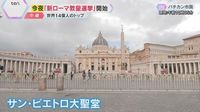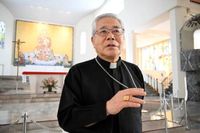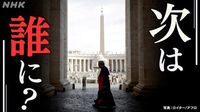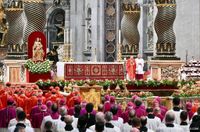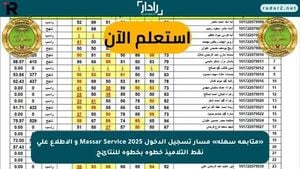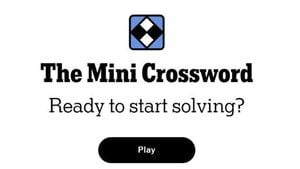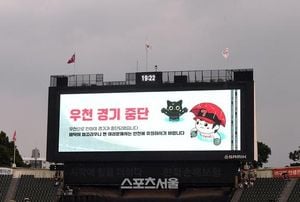The conclave to elect the next Pope began on May 7, 2025, at the Sistine Chapel in Vatican City, marking a pivotal moment for the Roman Catholic Church. This election is not just about choosing a new leader; it represents a critical juncture where the future of the Church hangs in the balance. With approximately 1.4 billion followers worldwide, the stakes are high as the cardinals deliberate over whether to continue the reformative path set forth by the late Pope Francis or revert to more traditional values.
As the proceedings commenced, 133 cardinals from 70 countries gathered, ready to engage in a secretive and solemn process to select the 267th Pope. The focus of this conclave is whether to maintain the progressive reforms championed by Pope Francis, who passed away on April 21, 2025, or to embrace a return to more conservative, traditionalist approaches. The outcome of this election could significantly influence the Church's stance on various social issues, including LGBTQ+ rights and interfaith relations.
The initial Mass for the conclave was held at St. Peter's Basilica on the morning of May 7, where Giovanni Battista Re, a cardinal, emphasized the importance of unity within the Church. He stated, "There is a strong call to preserve the unity of the Church," and noted that unity does not imply uniformity but rather a deep communion within diversity. This message resonates as the cardinals prepare to cast their votes, reflecting the complexities and challenges facing the Church today.
As the cardinals entered the Sistine Chapel at around 11:30 PM Japan time (4:30 PM Vatican time), the atmosphere was charged with anticipation. The Vatican broadcasted the event on large screens in St. Peter's Square, allowing the public to witness this historic moment. Before the voting commenced, the cardinals gathered for prayers, seeking divine guidance in their decision-making process.
The conclave operates under a unique electoral system where a candidate must receive a two-thirds majority, or 89 votes, to be elected. This is not a straightforward nomination process; rather, it involves multiple rounds of anonymous voting until a candidate meets the necessary threshold. The first round of voting took place on the same day, with subsequent rounds expected over the following days. Historically, a new Pope has typically been elected within three days, but given the complexities of this election, it may take longer.
Among the leading candidates is Cardinal Pietro Parolin, the Vatican's Secretary of State, who has been closely associated with Pope Francis. While he is seen as a strong contender, his close ties to the previous Pope and his involvement in negotiations with China have raised concerns among some cardinals about his ability to maintain a balanced approach. Cardinal Matteo Maria Zuppi, another prominent candidate, is recognized for his diplomatic skills and has been involved in peace efforts regarding the Ukraine situation. His ability to navigate complex international issues has garnered him significant attention.
Cardinal Luis Antonio Tagle from the Philippines is also in the running. Known for his approachable demeanor and strong connection to the global Catholic community, Tagle has the potential to appeal to younger generations and those seeking a more inclusive Church. His candidacy reflects the increasing diversity within the Church, as he represents a growing demographic of Catholics outside Europe.
Another notable candidate is Cardinal Peter Turkson from Ghana, who is viewed as a moderate capable of bridging the divide between conservative and reformist factions within the Church. His background and perspective may resonate with the increasing number of Catholics in Africa, a region where the Church's influence is expanding rapidly.
As the cardinals engage in discussions, it is essential to note that the conclave is not just about individual candidates but also the broader implications of their selection. The potential for a conservative backlash against the reforms initiated by Pope Francis remains a significant concern. Many conservative cardinals, particularly from the United States and Africa, are expected to advocate for a return to traditional values, particularly regarding issues such as LGBTQ+ rights.
Pope Francis's openness to blessing same-sex couples has been viewed as revolutionary within the Church, but it has also prompted resistance from more conservative factions. The outcome of this conclave will likely determine whether the Church continues to evolve in its approach to social issues or reverts to a more conservative stance.
The conclave's proceedings are receiving extensive media coverage, not only from Catholic outlets but also from international news organizations. The implications of the new Pope's leadership extend beyond the Church, influencing global interfaith relations and the Church's role in addressing contemporary social issues.
As the cardinals cast their votes, the world watches closely, eager to see who will emerge as the next leader of the Roman Catholic Church. The election is not merely a matter of choosing a new Pope; it represents a defining moment in the Church's history, one that could shape its future direction for years to come.
In summary, the conclave to elect the next Pope has commenced, with 133 cardinals deliberating over the future of the Roman Catholic Church. The focus remains on whether to continue the progressive reforms initiated by Pope Francis or to revert to more traditional values. As potential candidates like Cardinal Parolin, Cardinal Zuppi, Cardinal Tagle, and Cardinal Turkson vie for the position, the outcome of this election will have profound implications for the Church and its followers worldwide.
